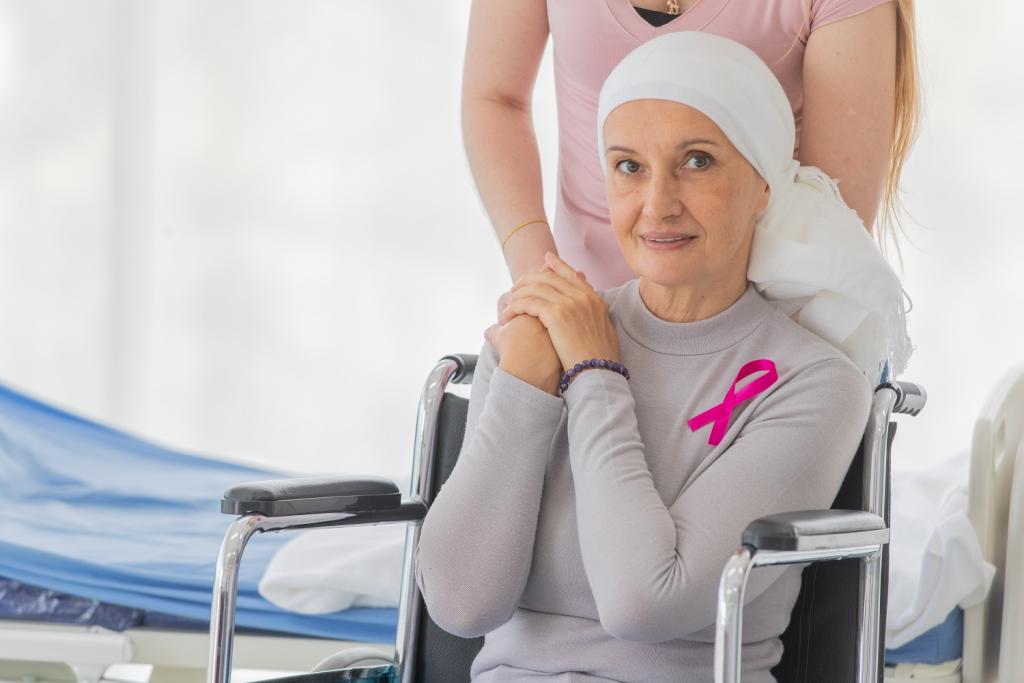Oncology
An oncologist is a doctor who specializes in the diagnosis, treatment, and prevention of cancer (oncological diseases). Oncologists work with various forms of cancer and use multiple approaches depending on the patient''s needs and the stage of the disease. Oncology is a very broad field of medicine, and it includes several subspecialties.

Oncologists specialize, for example, in drug treatment, using chemotherapy, immunotherapy, and other drug therapies to treat cancer. They develop, monitor, and adjust cancer treatment plans, observe the patient''s health condition in dynamics, and assess the impact of treatment on overall health. Surgical oncologists perform operations to remove cancerous tumors and/or tissues that are damaged or at risk, and they often also perform biopsies to obtain tissue samples for tumor diagnosis. In some cases, they also perform reconstructive surgeries after tumor removal. Radiation oncologists treat cancer using radiation therapy — high-energy radiation that destroys cancer cells or inhibits their growth. They develop a radiation therapy plan and monitor its implementation to ensure that the radiation is precisely targeted at the tumor without damaging surrounding healthy tissues. Hematology oncologists specialize in diagnosing and treating blood cancers (such as leukemia, lymphoma) and work with other disorders of the blood and lymphatic system.
What does an oncologist do?
- Diagnoses cancer: The oncologist evaluates symptoms, organizes and interprets tests (biopsies, imaging studies, blood tests), and makes a diagnosis.
- Creates a treatment plan: Based on the diagnosis and type of cancer, the oncologist develops an individualized treatment plan that may involve multiple therapy methods.
- Treats patients: The oncologist provides therapy, such as chemotherapy, radiation therapy, or performs surgeries.
- Monitors patient health: The oncologist regularly monitors the patient''s condition to determine if the treatment is working and makes necessary adjustments.
- Provides post-treatment care: The oncologist also provides post-treatment care, such as monitoring for possible recurrences and helping patients manage side effects or long-term consequences of treatment.
Oncologists often collaborate with other specialists to provide comprehensive and the best possible care for cancer patients.
When should you visit an oncologist?
A visit to an oncologist is necessary if there is suspicion of cancer or if an oncological disease has already been diagnosed. However, there are various circumstances under which it is advisable to see an oncologist. Situations in which you should visit an oncologist include:
Referral from a family doctor or specialist:
- Suspicion of cancer: If a family doctor or another specialist detects signs of possible cancer after tests (e.g., blood tests, radiological exams), they will refer you to an oncologist for further testing or consultation.
- Follow-up on bodily changes: If suspicious changes in the body are observed (e.g., lumps, nodules, or unusual rashes), which cannot be explained by other causes, a doctor may refer you to an oncologist.
Cancer diagnosis: If a person has already been diagnosed with cancer, it requires the oncologist''s supervision and the development of a treatment plan. Oncologists will monitor the treatment process, adjust therapies, and assess the cancer''s progression and the treatment''s effectiveness.
Suspicious symptoms or health changes: Some symptoms may indicate a potential oncological disease, and if they appear, it''s important to see a doctor. If cancer is suspected, a referral to an oncologist will be necessary. These symptoms may include:
- Persistent, unexplained pain or discomfort in any part of the body;
- Unusual lumps or masses felt under the skin, such as in the breast, neck, armpits, or elsewhere;
- Chronic cough or hoarseness that doesn''t go away and can''t be explained by other causes (e.g., infection);
- Weight loss without an apparent cause;
- Chronic fatigue that doesn''t improve even after rest;
- Changes in the skin: changes in the color, shape, or size of moles or other skin formations;
- Difficulty swallowing or prolonged digestive problems;
- Unexplained bleeding not related to trauma (e.g., bleeding from the gums, blood in the urine, stool, or during coughing), and others.
Family history of cancer: If several cases of cancer have occurred in the family, especially at a young age or with rare types of cancer, an oncologist or geneticist may recommend specific tests or genetic testing to assess your individual risk.
Post-treatment and follow-up check-ups:
- After treatment: For patients who have previously been diagnosed with cancer and undergone treatment, regular follow-ups with an oncologist help monitor for potential recurrences and assess recovery.
- Long-term monitoring: Even after successful treatment, there are sometimes long-term effects or the need to monitor recovery to prevent the cancer from returning.
Preventive check-ups: In some cases, an oncologist can be visited for preventive exams, especially by people with an increased risk of cancer, such as smokers or those who have had prolonged exposure to harmful substances that may cause cancer.
A visit to an oncologist can be an important step in the early diagnosis and treatment of cancer. The earlier the disease is detected, the better the chances for successful treatment.
